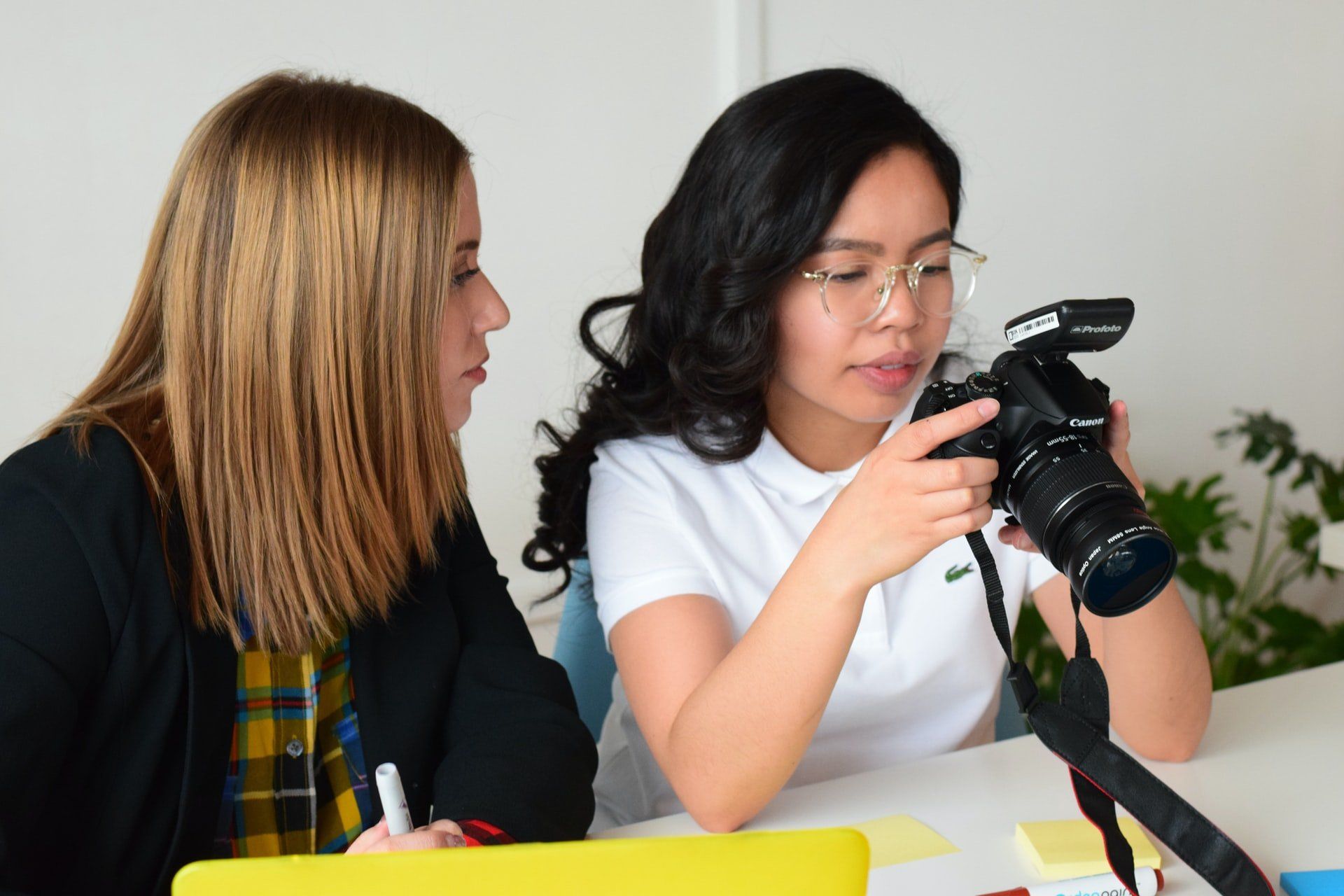Is Digitalisation in Business Going to Be the New Normal
Aimee Burton • July 8, 2020
As John C Maxwell (No1 NY Times Bestseller) once quoted: change is inevitable, growth is optional.
Many of us have continued to daydream on what our lives looked like pre pandemic. However, that is no longer productive and to succeed, we must plan ahead and evolve. To understand how we can relate this to the future of work in Australia, I will be using selected data derived from a recent survey that people2people sent out to hundreds of business leaders.
The most surprising statistic that I read upon was that 34% of those surveyed said that they would revert back to their traditional working model. This mindset is understandable; however we must fight the urge in holding off on digitalising businesses and instead look ahead in embracing a future business model that will remain competitive.
Even before COVID-19 hit, 92% of businesses thought their working models would need to change given digitisation and the requirement for this shift was significantly accelerated within weeks of the pandemic being officially announced. Investment and implementation of digital technology was critical and this will continue post COVID for those businesses who want to remain competitive and resilient in the ‘new normal’.
Despite some industries remaining stable and somewhat positively impacted, the experiences of COVID-19 will have long standing impacts on the ways in which employees will want to work and for organisations to thrive, they must embrace this once in a generation shift. If organisations fail to implement agile operating models, ultimately, they will find it harder to retain their current staff members and will without a doubt struggle in motivating and attracting new hires to their team.
To offer a candidate's perspective on this subject, I explored the career seekers sentiment that people2people featured in their report, which was brought together by surveying hundreds of professionals across the country in varying industries.
It’s evident that candidate hesitancy is coming into play already with close to half of the candidates surveyed admitting that their decision to continue their job search had been affected due to COVID-19. This reluctance and hesitancy will inevitably create further skills shortages, particularly in occupations that are technical, specialist and niche.
Now that workers have been able to experience the benefits of their businesses being digital, if and when they do look to enter the job market, what were once ‘nice to haves’ such as flexible working hours, working remotely (including in another state) and part time arrangements will become the foundation of all of their hiring negotiations.
Without flexibility, creativity and forward thinking, Hiring Managers will endure lengthy recruitment processes with a large volume of unsuitable applicants. Consequently, business leaders will have to hire less experienced professionals or up-skill their current staff, which will lead to investment in further education and professional training.
Admittedly, we are unable to predict the future of work in its entirety and yes, it is comforting to envisage returning to pre-COVID working models, however this is frankly unrealistic and I repeat, please resist these urges and understand this isn’t the time to slow down any digital transformation efforts, it’s the time to prepare for a sustainable future.
If you’d like to discuss how your competitors are approaching the COVID-19 recovery phase and how they are defining the ‘new normal, please reach out to Aimee Burton on 03 9098 7433 or aimee.burton@people2people.com.au
Find the job you love I Find the right talent
Get in touch with people2people
Australia
I United Kingdom
In business since 2002 in Australia, NZ, and the United Kingdom, people2people is an award-winning recruitment agency with people at our heart. With over 12 offices, we specialise in accounting and finance, business support, education, executive, government, HR, legal, marketing and digital, property, sales, supply chain, and technology sectors. As the proud recipients of the 2024 Outstanding Large Agency and Excellence in Candidate Care Awards, we are dedicated to helping businesses achieve success through a people-first approach.
Recent articles









